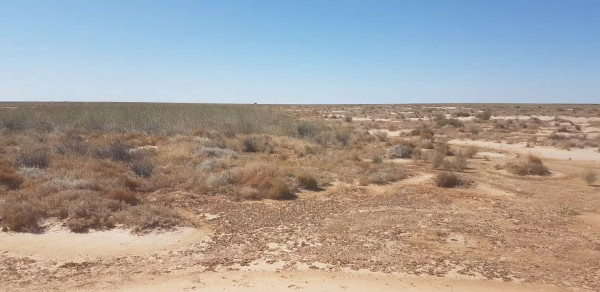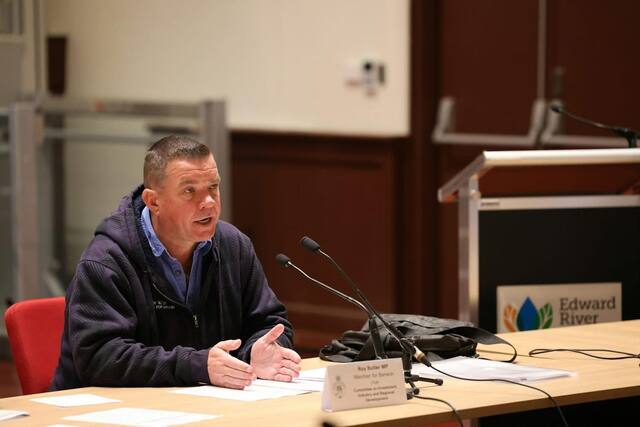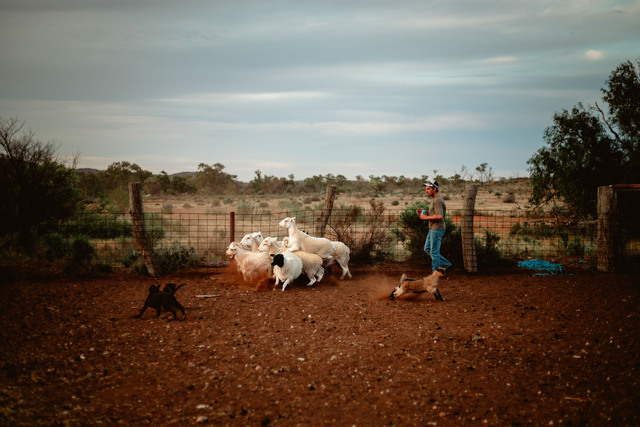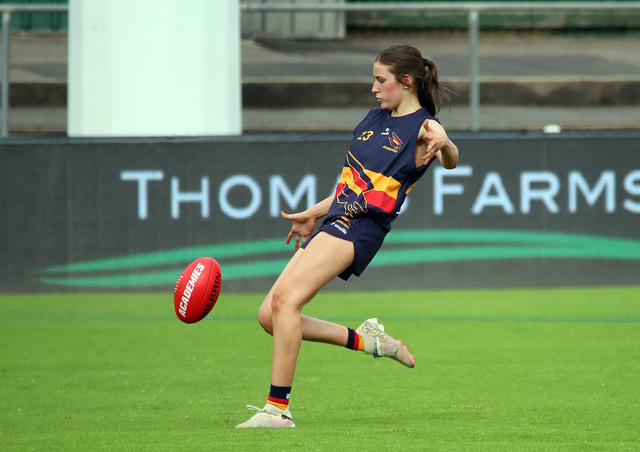MORE than $5 million will be spent on projects across the Far West region over the next three years to protect threatened species and boost climate resilience.
The projects will be funded by the Australian Government Natural Heritage Trust and delivered in collaboration between the State Government, Local Land Services and a member of the Commonwealth Regional Delivery Partners panel.
The focus of these projects will be recovery of threatened flora and fauna, reducing threats to wetlands and world heritage sites, improving on-farm soil, biodiversity and vegetation and helping farmers to adapt to claims change.
Four major projects will be delivered in the region, including a $2 million investment into Caryapundy Swamp Ramsar preservation.
The project will study the Ramsar-listed wetlands east of Tibooburra, where nesting birds and wildlife flock to during wet years.
The study will be led by geomorphologist Gresley Wakelin-King, and aims to identify key hydrology lines to assist and inform in future rehabilitation work.
Further south, $1.4 million will be spent on restoring critical habitat for 20 birds species in the Mallee region through strategic pest animal control, weed management, revegetation and work to control grazing pressure.
The Willandra Lakes region will benefit from $800,000 to protect the ancient lake beds through addressing invasive species, damage to cultural heritage from erosion and land degradation.
A further $800,000 will be spent on preservation of the grey range thick-billed grass wren, a rangeland species endemic to the states’ far north-west arid scrubland.
Regeneration of saltbush and bluebush in the Milparinka and Packsaddle, which the bird lives and breeds in, will be the focus of the project.
State Member for Barwon, Roy Butler, said strategic pest management will allow threatened native species to thrive.
“Preserving native species and ecologically sensitive areas is important,” he said.
“Non-native pest control is one of the greatest actions we can take to protect our native wildlife.”







